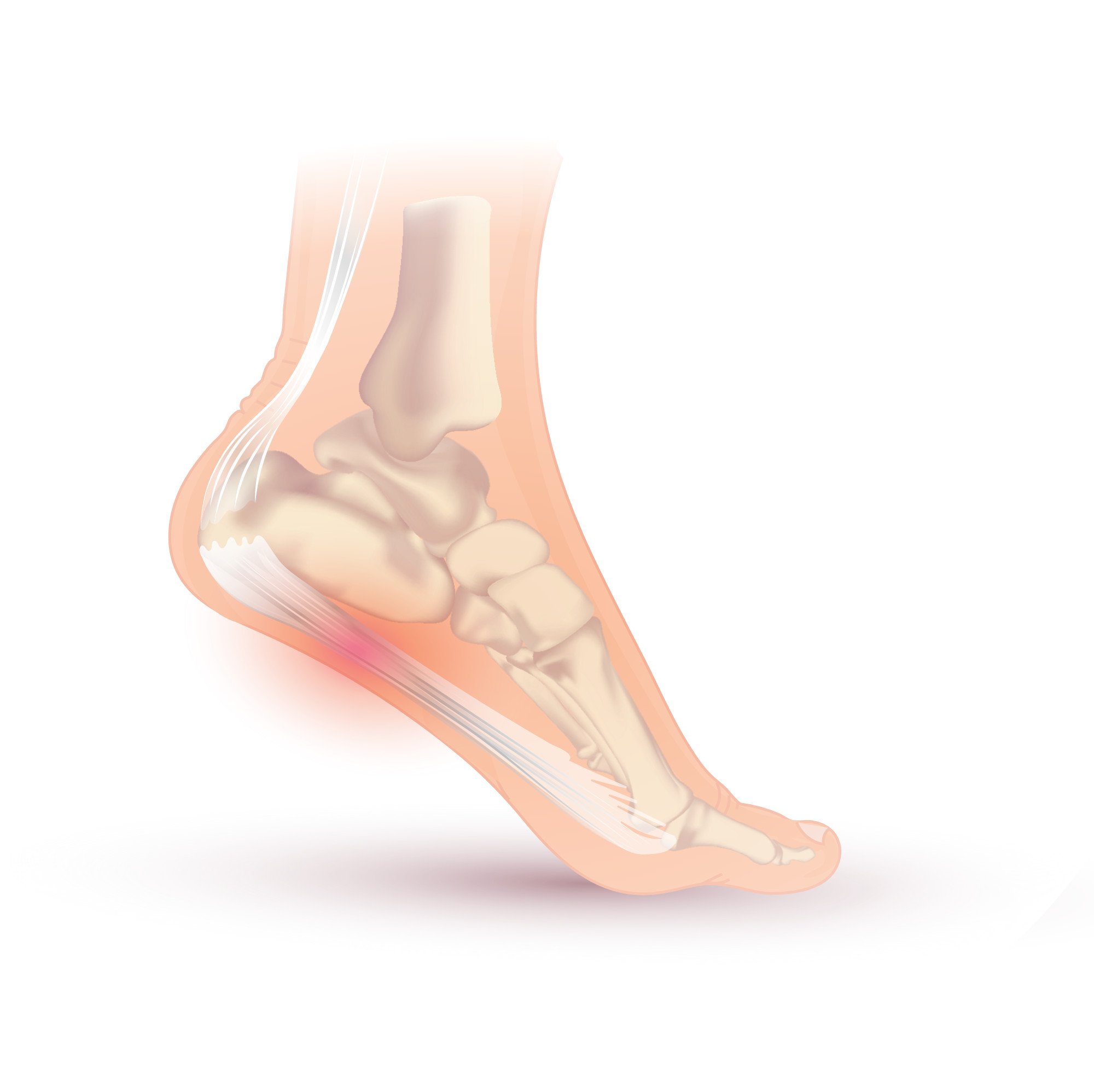Self Care for Plantar Fasciitis
/Yesterday I was out for a walk on a sunny October day when I ran into my neighbour, walking her Australian Shepherd. She explained that she was hobbling along because of heel pain, which she thought was due to plantar fasciitis. It was frustrating because she enjoys walking her dog and seeing the beautiful autumn leaves.
Now in Ayurveda we consider three doshas, vata, pitta and kapha. Vata is airy, pitta is fiery and kapha a combination of earth and water. As the season changes from hot to chilly and the leaves dry up and blow away, the dry and windy properties of vata become predominant. It’s the perfect time for a vata condition to develop. And all pain conditions are vata in nature. In fact, padashula, or foot pain, is second on a list of eighty vata conditions listed in the Ayurvedic texts.
So in terms of Ayurveda, one thing we have to think about is the dosha involved in the condition. Another thing is the cause. We can’t treat anything effectively without removing the cause. With plantar fasciitis, one cause could be obesity. If we’re asking our feet to carry too much weight, they may have problems. Losing weight could help, although that’s easier said than done. But also make sure that if you’re heavy, you wear sensible shoes that are kind to your feet. In fact, especially for women, fashionable footwear could be the cause of plantar fasciitis. You only have one pair of feet and they need to last you for a lifetime of walking, hiking, running and dancing. So save the elegant footwear for special occasions and make sure you walk in well-fitting, supportive shoes.
The third cause we often see for plantar fasciitis is work-related. If you have a job such as kitchen work that involves a lot of standing, heel pain may be an occupational hazard. And as they told us in surgery class back in medical school, rest is the first principle of healing. Stay off your feet until your pain improves; then look at ways to avoid standing.
Where home remedies for plantar fasciitis is concerned, castor oil is your best friend. It’s naturally anti-inflammatory. Take a teaspoon of castor oil in a cup of ginger tea twice a week, early in the morning. The first time, just try half a teaspoon of castor oil because some people may be sensitive to it. If that goes fine, then you can increase the dose to a teaspoon next time.
Externally, soak your heel in warm castor oil every evening. After oiling, heat and cold may be applied alternately. Make a mustard seed tea by boiling a tablespoon of brown mustard seeds in three cups of water, until the seeds sink. Cool the tea until it is hot but not scalding and dip your heel in it. Then dip your heel in ice water and continue alternating between the two. And as this is a vata condition, look at soothing vata by eating warm, well-cooked soups, dals and khichari. You can find plenty of recipes on our website.
Yoga therapy or physical therapy may be helpful in stretching out the plantar fascia, calf muscles and Achilles tendon. And an Ayurvedic practitioner can help you with many wonderful anti-inflammatory and vata soothing herbs.
Happy walking!
Alakananda Ma M.B., B.S. (Lond.) is an Ayurvedic Doctor (NAMA) and graduate of a top London medical school. She is co-founder of Alandi Ayurveda Clinic and Alandi Ayurveda Gurukula in Boulder Colorado, as well as a spiritual mother, teacher, flower essence maker and storyteller. Alakananda is a well known and highly respected practitioner in the Ayurveda community both nationally and internationally.
Enliven your holistic health! Visit Alakananda Ma in Alandi Ashram’s ayurvedic clinic to support the overall rejuvenation of your body, mind, and spirit. In-person and virtual appointments available. Book now!










